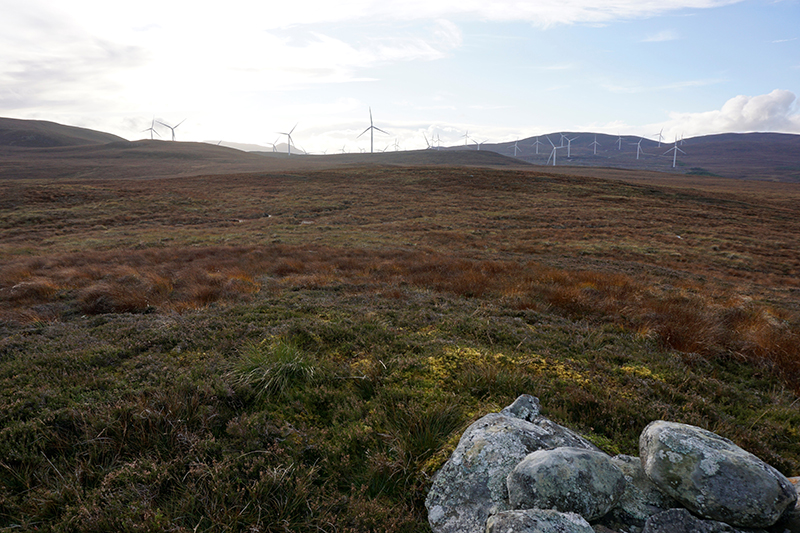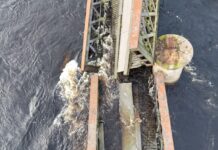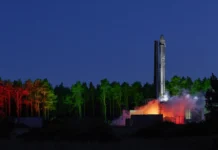
PLANNING permission has been secured for the build of a new wind farm in the Garve district of the Highlands.
Kirkan Wind Farm will comprise 17 wind turbines with a maximum blade tip of 175m. Each turbine is expected to produce up to 4.8MW of power to create a total of just under 82MW, which would generate enough energy to serve around 85,000 households each year.
The project is being led by a partnership between Coriolis Energy and ESB. RSK Environment was tasked with completing the environmental impact assessment (EIA). RSK Group companies have also supplied archaeological services (Headland Archaeology), hydrogeology and peat risk assessment services (Water Research Centre), forestry/felling advisory services (ADAS), transport/traffic impact assessment services (SCP), and biodiversity net gain advice (RSK Wilding).
RSK was also responsible for managing the consent process and application, responding to stakeholder queries and submitting supplementary environmental information to help the Energy Consents Unit of the Scottish Government make its decision on the application.
Joe Somerville, RSK director and EIA project manager for the scheme, said, “This proposed development is one of the first wind farms in the UK co-located with a battery energy storage system to gain consent. This means that not only does the proposal potentially add significantly to the energy decarbonisation of Scotland and the UK, but it can also contribute to reducing energy curtailment, where energy being produced would otherwise be lost due to the grid being ‘full’, and providing grid stability.”
Coriolis Energy development project manager for the scheme, Trevor Hunter, added, “It was incredibly useful to be able to draw on RSK’s wide range of disciplines as part of a complex renewable energy project. Their dedication and expertise have played a pivotal role in securing a successful result for the Kirkan project, for which we are tremendously grateful.
“Of course, we need many more such projects to contribute to our legally binding targets as well, increasing energy security and lowering energy bills, so it is ever more important that projects like Kirkan are given proportionate, fair and efficient consideration and processing by all relevant stakeholders and decision-makers.”








